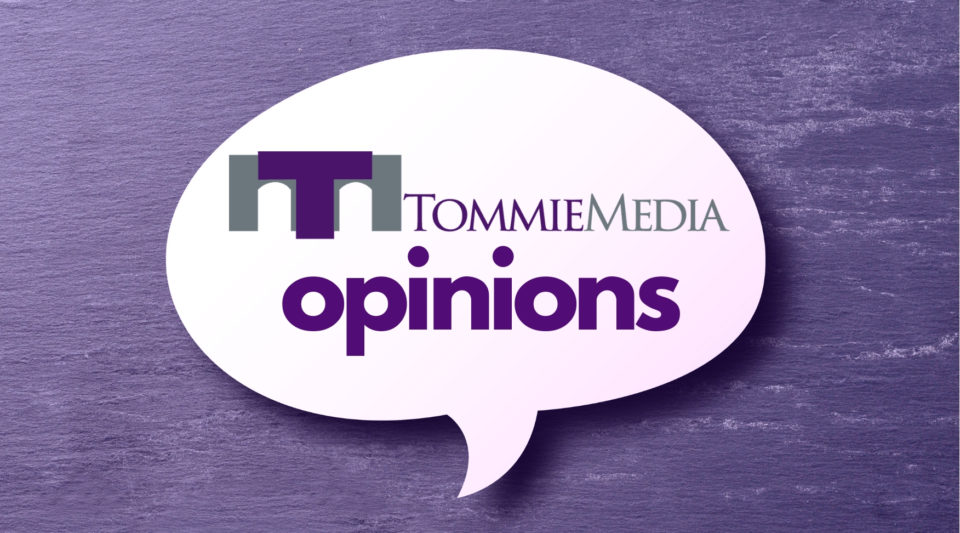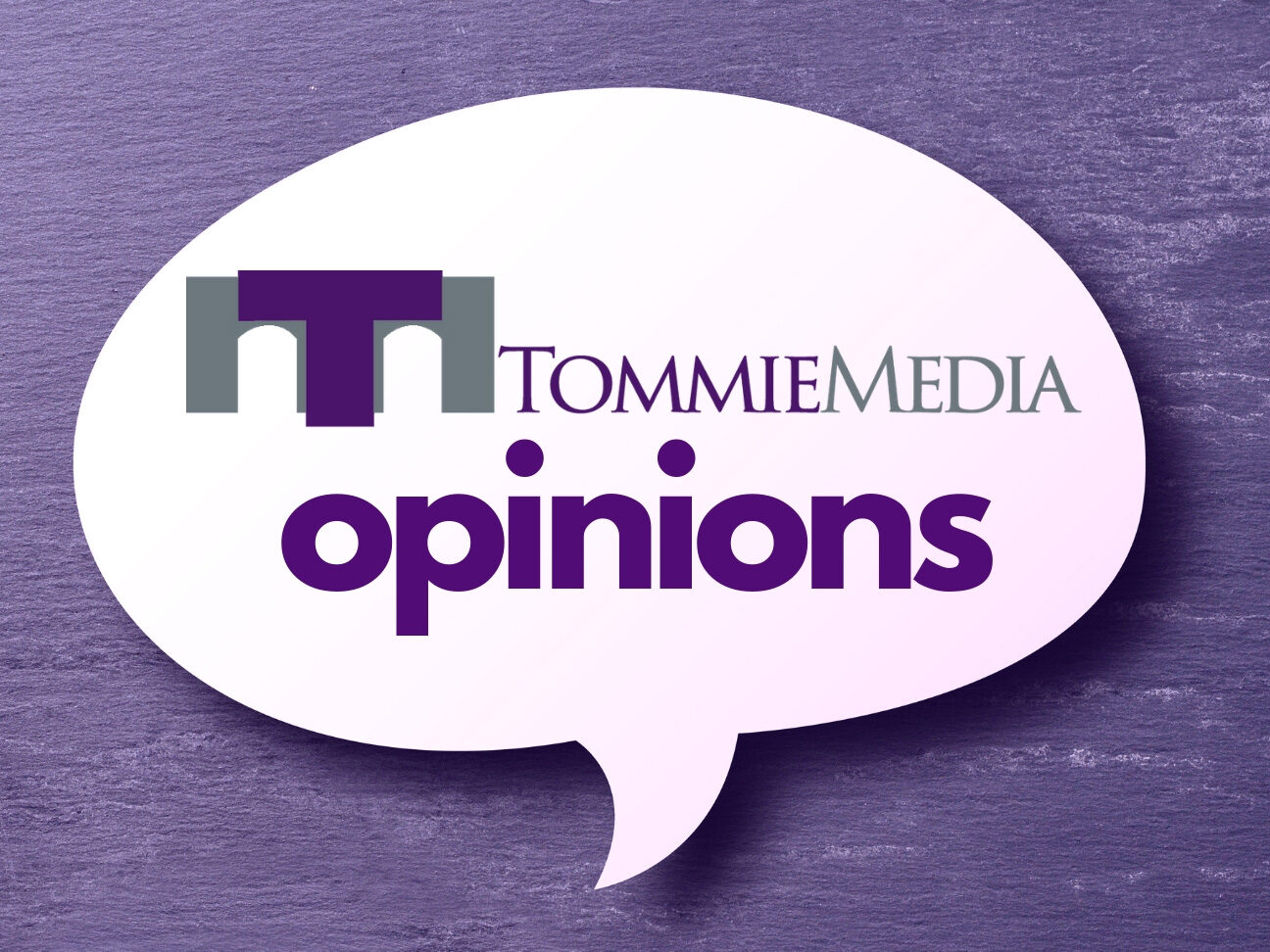
Editor’s note: Mention of suicide in relation to a study may be disturbing for some readers.
When I would wake up feeling unwell as a child, my parents would ask, “Are you too sick to go to school?”
It was an innocent question that introduced a degree of pressure. I wasn’t the type to fake illnesses, but on the flipside, I often forced myself to sit through school because I told myself I wasn’t “sick enough.”
However, when I wake up feeling the full effects of depression, I don’t ask myself if I’m “sick enough.” I might not be able to function at even a moderate level, but at least I’m not coughing, right? What if I get sick later this semester and need that day off?
It’s time we stop forcing students to ask themselves these questions that diminish the severity of their mental illness. Two excused absences for an entire semester is not enough — students also need mental health absences.
Is that such a wild ask?
Some might say struggling with mental illness isn’t the same as catching the flu and that it doesn’t warrant a day off. In my experience, even getting up and walking feels impossible when my depression is at its worst. I’d rather have the flu for a few days than constantly battle my own mind, and I know I’m not alone in that.
In its 2019 well-being assessment, the American College Health Association found that, within 12 months, 47.6% of females and 37.1% of males “felt so depressed that it was difficult to function”; 71.8% of females and 50.7% of males “felt overwhelming anxiety”; and 13% of females and 11.6% of males “seriously considered suicide.”
St. Thomas Disability Resources assisted 860 students during the spring 2021 semester, and 44.3% of those students needed help because of “psychological disabilities,” Director Kim Schumann said. Schumann estimated that the current fall 2021 numbers are around 1000 students but said public stigma around mental health likely prevents many from reaching out to get the help they need.
Although most people would agree that those statistics are grave, they might also point to increased resources on campuses.
At St. Thomas, Disability Resources often helps students with attendance or deadline flexibility; these accommodations serve students who aren’t unwell enough to need medical leave but struggle to meet their professor’s course standards, according to Schumann. A variety of resources are available to promote equity without lowering course objectives.
St. Thomas Assistant Dean of Students Marlon Blake oversees the Care Team, which meets with students to connect them to resources and develop individual plans because “we don’t all want to be supported in the same way.” Blake said parents, friends and professors can also reach out on behalf of a struggling student.
St. Thomas Counseling and Psychological Services offers “a variety of counseling services to support student mental health.”
I encourage St. Thomas students to take advantage of these resources during college, when they’re free and convenient. However, all the resources in the world mean nothing if they don’t reach their intended audience.
A study published in the 2021 Journal of American College Health said, “the majority of students are not receiving mental health services despite high levels of distress,” and “80% of students who die by suicide have never used their campus counseling center.”
On my personal journey, I hadn’t known much about the services available to me until I needed to write about them. When I used CAPS for the first time, it took months of my friends pushing me as I took baby steps toward the door. I know many others who haven’t been able to take that first step yet.
Long-term solutions are ideal, but for the course of the semester, it’s cruel that students feel obligated to attend class when they’re experiencing crushing psychological symptoms. Extra built-in absences would allow students vital time without needing to disclose their information to anyone else before they’re ready.
To be clear, I’m not advocating for a free-for-all. I’m paying for higher education so I can learn from professors who are experts in their field, and I understand that each class session is important. But I also don’t think students are learning during a class session when they are mentally checked out or exhausted.
Two extra mental health absences on top of two illness absences equals four class sessions students could miss without losing participation credit. It could be argued that students would “take advantage” of so many days off.
Isn’t that the point?
Students don’t benefit in the long run from missing a considerable amount of class sessions. Absence means missing important lectures and playing catch up. Even if students lie and take the extra days off to go mess around with their buddies or sleep in, they also solely face the consequences. Higher education isn’t high school; it’s on the student to maximize their own time and tuition costs.
The students who would benefit from these days off are the ones who need it most. Even students who do not struggle with severe mental illness have unavoidable bad days. Taking care of one’s mental health could become commonplace, and St. Thomas could play a part in that revolution.
Currently, St. Thomas policy reads, “Faculty will permit and not penalize students for a limited number of reasonably unavoidable absences during the academic term. An absence will be considered reasonably unavoidable (and therefore excused) if the absence was due to circumstances where class attendance or the performance of coursework is impossible, impracticable or would be detrimental to the health or well-being of the student or dependents involved.”
This policy was updated in summer 2020 to broaden the examples of excusable absences and keep St. Thomas in line with other universities’ policies, said Tonia Bock, St. Thomas associate vice provost for accreditation, assessment and curriculum.
St. Thomas lists 11 excused absence types under those criteria, including medical appointments that cannot be scheduled for a different time, participation in school-sponsored varsity athletics, jury duty and religious observances. Mental illness is not specified in the list, but Bock said it falls under item No. 1, “acute illness.” I argue that it deserves to be explicitly listed and given special care because it has the potential to affect the majority of college students.
Although university policy is created for a reason and carefully crafted, St. Thomas’ mission includes “personal attention” as one of its seven convictions, and the magnitude of the current mental health crisis on college campuses should not be ignored.
“Academic policies are not set in stone,” Bock told me. “Policies can be reviewed and revised at any point.”
We’ve reached that point when it comes to making aggressive mental health care a standard for everyone.
Students are not policy. Students are not numbers. Students are not always the happy and high-achieving photographs in university public relations campaigns.
Students are struggling to get out of bed. Students are coping with demanding social changes after living through a once-in-a-lifetime pandemic. Students are, in extreme cases, ending their own lives.
Most of all, students are the reason this university exists. In a time when students need their administrators to make a change, I hope St. Thomas and universities everywhere will consider the unprecedented and show just how much every one of us matters.
It starts with a few days off.
Mia Laube can be reached at mia.laube@stthomas.edu.
Resources:
The National Suicide Prevention Lifeline is open 24/7 at 1-800-273-8255.
Crisis Text Line listeners can be reached 24/7 by texting HOME to 741741.



